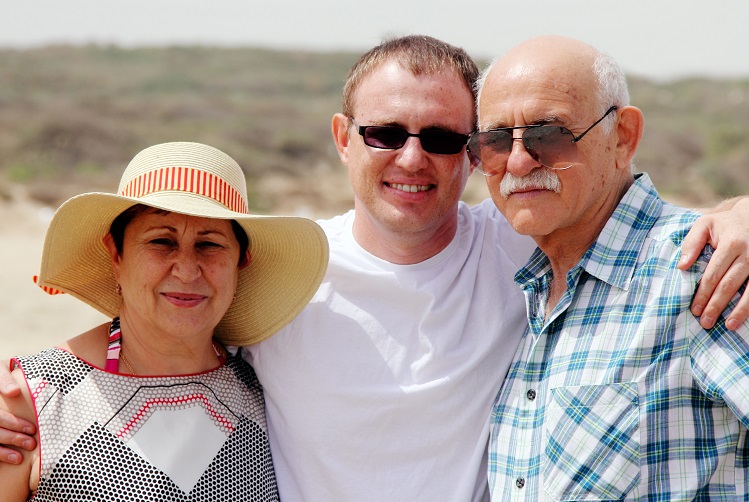
While addiction to drugs and alcohol might be something that is commonly associated with teenagers and young adults, the truth is that addiction is not prejudice in terms of who it affects. Regardless of age, race, culture or gender, any individual can become susceptible to an addiction under a variety of factors.
A recent report from the National Survey on Drug Use and Health revealed that 9.2 percent of Americans aged 12 and over, or 23.9 million, were current consumers of illicit substances. However, this same survey found that the illicit drug use rate among the “baby boomer generation” (Adults aged 50 to 64) has grown substantially. For adults aged 50 to 54, the rate more than doubled from 3.4 percent in 2002 to 7.2 percent in 2012. For adults aged 55 to 59, the rate more than tripled from 1.9 percent to 6.6 percent [1]. Adults in the baby boomer age range may be more susceptible to abusing prescription pills and pain medications, as these are encountered with more frequent health ailments with increasing age.
This surge of illicit drug use among the nation’s baby boomers may go widely unnoticed; especially in a media-focused culture that commonly displays addiction problems among younger celebrities and entertainers. This special generation deserves awareness of the drug and substance addiction issues that are equally as problematic and destructive in order to receive the necessary treatment for recovery.
Though addiction can be very similar among older and younger adults, understanding the cultural background of the baby boomer generation may increase effectiveness of addiction treatments. For example, it would be important to understand how many baby boomers grew up during a time in American history where drugs and alcohol were culturally acceptable and authority was often questioned. In addition, adults in this age range are more likely to face a range of emotions associated with midlife events, such as loneliness and depression. Having greater awareness of the generational differences can help health professionals approach addiction treatment with deeper understanding and compassion.
Apart from when an addiction began or how long a person might be struggling with substance abuse, there is always hope for recovery. If you suspect a loved one in your life is struggling with an addiction to drugs or alcohol, you can be an instrumental part of their recovery process by gently and compassionately guiding them to the resources they may need. Older adults may face greater challenges in accepting treatment, as they are often more established in their ways, but their lives are just an invaluable and worth fighting for.
While drugs and alcohol often deliver a temporary release from a lifetime of difficulties, the vicious cycle of addiction only blunts true fulfillment in life at any stage. Finding the help you need, regardless of your age, is one of the most powerful steps towards a life of freedom.
References:
[1]: National Survey on Drug Use and Health (NSDUH) https://nsduhweb.rti.org/
Image courtesy of Naypong/FreeDigitalPhotos.net
